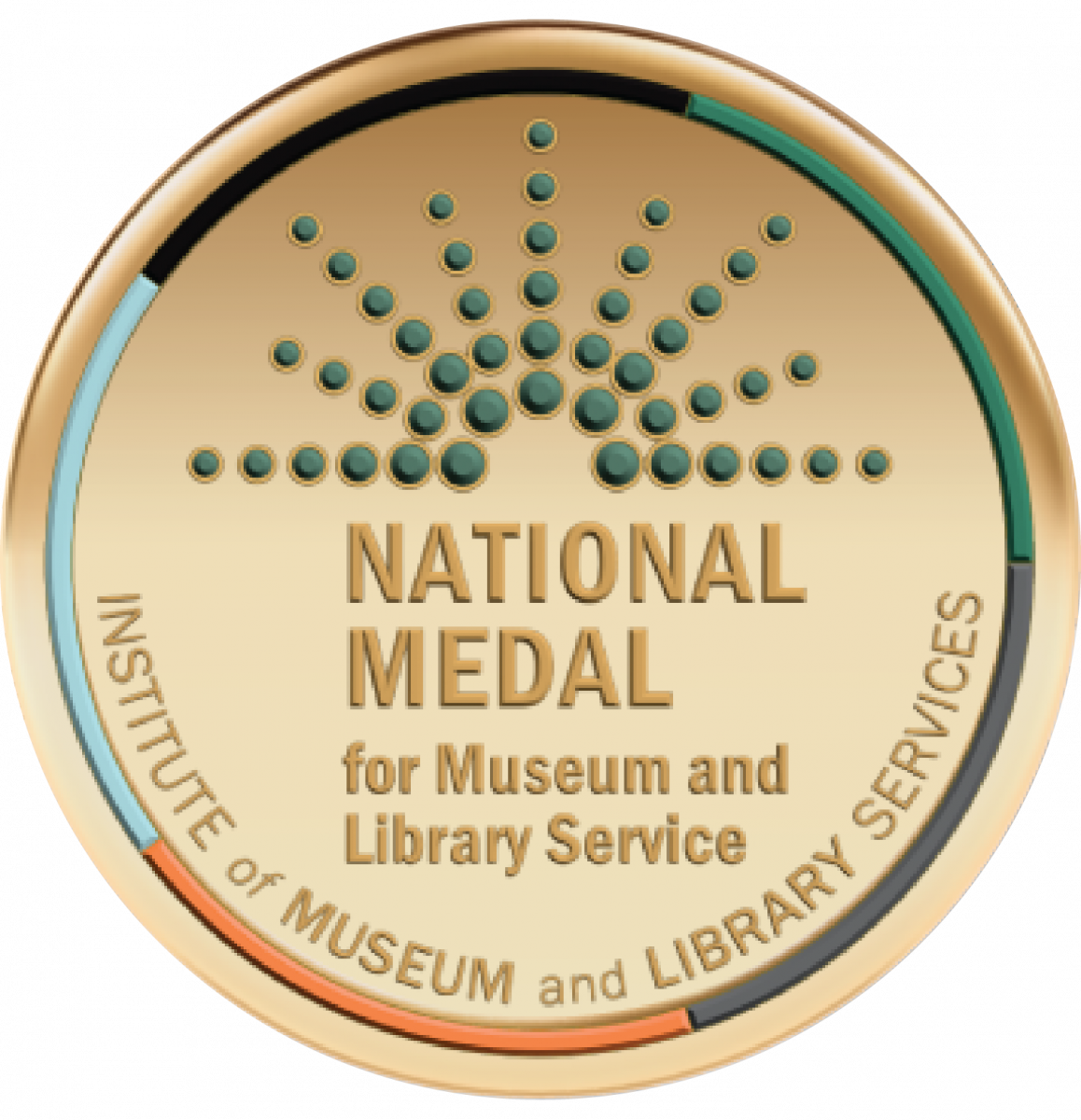True Crime Addict: How I Lost Myself In The Mysterious Disappearance Of Maura Murray
James Renner's True Crime Addict is the story of his spellbinding investigation of the missing person's case of Maura Murray, which has taken on a life of its own for armchair sleuths across the web. In the spirit of David Fincher's Zodiac, it is a fascinating look at a case that has eluded authorities and one man's obsessive quest for the answers.

